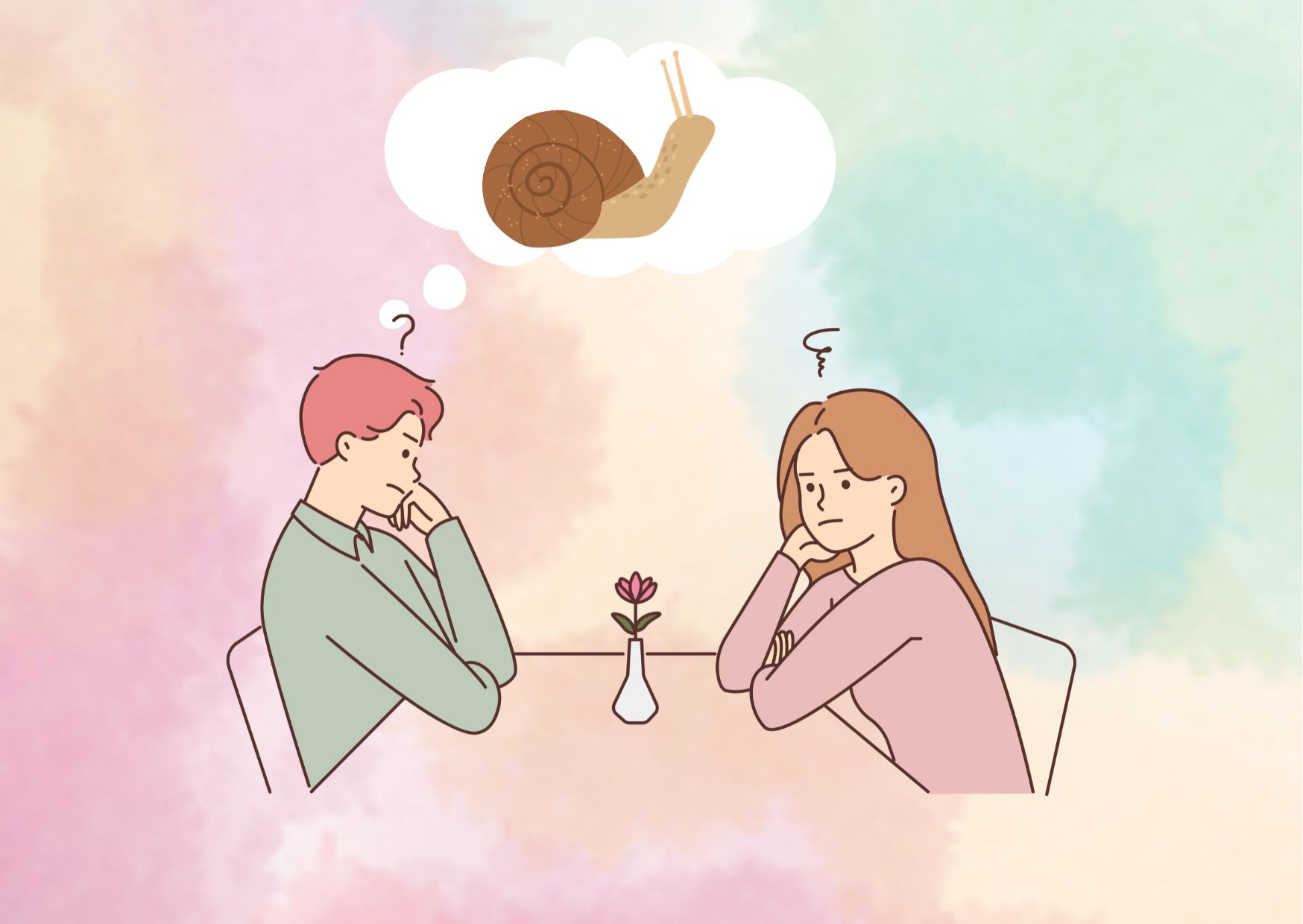How Slow Is Too Slow in a Relationship: Signs and Solutions
When it comes to relationships, the pace at which they progress can vary greatly. Some couples dive headfirst into commitment, while others prefer to take things slow. But how slow is too slow in a relationship? How can you tell if your relationship is moving at a healthy pace or if it’s stagnating? In this article, we’ll explore the signs that your relationship may be moving too slowly and provide solutions to help you navigate this situation.
Understanding the Significance of Relationship Pace
Before we delve into the signs, it’s important to understand why relationship pace matters. The speed at which a relationship progresses can impact the emotional well-being of both partners. Moving too fast can lead to overlooking red flags and building a weak foundation, while moving too slowly can create frustration and uncertainty. Finding the right balance is crucial for a healthy and fulfilling relationship.
Signs Your Relationship Is Moving Too Slow
- Lack of Progression: One of the most obvious signs that your relationship is moving too slowly is a lack of progression. If you’ve been dating for a significant amount of time and haven’t reached milestones such as becoming exclusive or meeting each other’s families, it may be a sign that your relationship is stagnant.
- Limited Communication: Open and frequent communication is essential in any relationship. If you find that your partner rarely seeks your advice or avoids discussing important topics, it could indicate that your relationship is not moving forward.
- Resistance to Planning: In a healthy relationship, couples make plans together and have a shared vision for the future. If your partner consistently resists making long-term plans or avoids discussing future goals, it may be a sign that your relationship is not progressing at a healthy pace.
- Lack of Emotional Intimacy: Emotional intimacy is a key component of a thriving relationship. If you and your partner have been together for a while but still struggle to connect on a deep emotional level, it may suggest that your relationship is moving too slowly.
- Reluctance to Introduce to Others: Meeting each other’s friends and family is an important step in a relationship. If your partner consistently avoids introducing you to their loved ones, it may indicate that they are not fully committed or that the relationship is not moving forward as it should.
- No Future Plans: A healthy relationship involves planning for the future together. If you’ve been together for a significant amount of time but don’t discuss future goals or make plans as a couple, it could be a sign that your relationship is moving too slowly.
- Lack of Growth: A healthy relationship should encourage personal growth and development for both partners. If you feel like you’re not growing together or that your relationship has become stagnant, it may be a sign that your relationship is moving too slowly.
- Constant Uncertainty: If you constantly find yourself questioning the direction of your relationship and feeling uncertain about its future, it may be an indication that your relationship is not progressing at a healthy pace.
Suggestion for read: The Right Amount of Jealousy in Relationships
